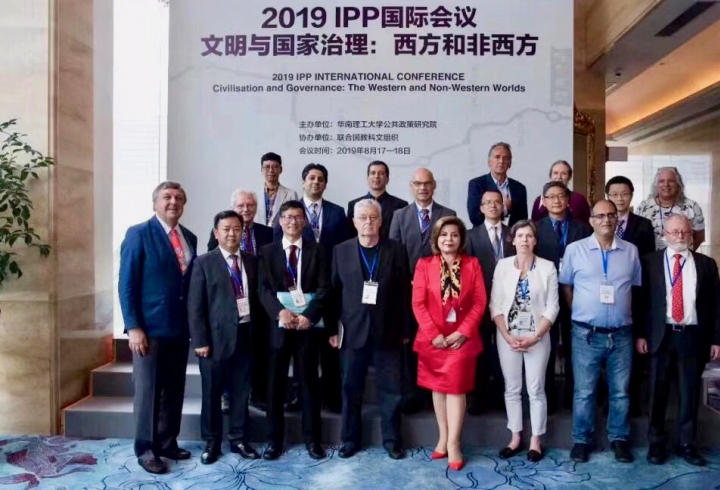08/18/2019
From a historical perspective, the development of governing models in the West, China, India, Muslim world, and other civilizations has been evolutionary. Within the different civilizations, people have been pursuing effective approaches to governance which fit their cultural conditions. However, for a long time, these governance models have been largely self contained, without intensive interaction with each other. In the modern era, due to the rise of the West and the onset of globalization, the impact of the different governance models on the relationship between countries is inevitable and diplomacy is an extension of domestic politics. As such, systems, ideologies, political values, and so on have become part of global discourse, eventually turning into what Samuel Huntington called a clash of civilizations. The western political order has changed from elite democracy to mass democracy. The process of change has associated with many problems, like the financial crisis, the widening income inequality, and the rise of populism. The effectiveness of the governance model of the West is thus in question. In the meantime, non-Western countries like China and India are also beginning to have their own governance models and attaining eye-catching achievement in the</p><p>areas of infrastructure building, economic development, poverty reeducation, and so on. This development has created discourses such as “the decline of the West; and the rise of the non-West; In truth, people have so far only emphasized the differences between different governance models and neglected their convergence under the context of globalization. Although the West, China, and India are different, their different governing systems may not lead to conflict.

